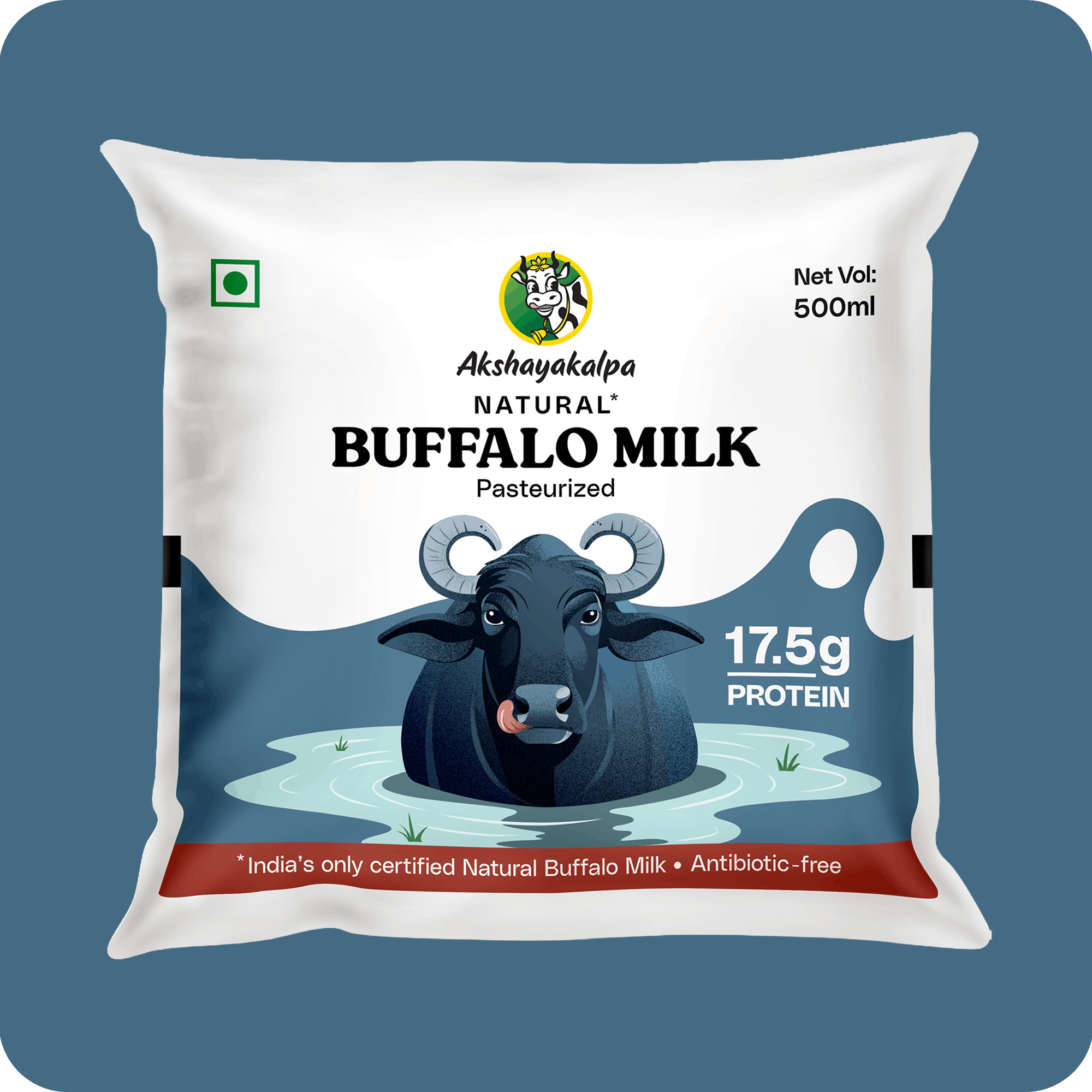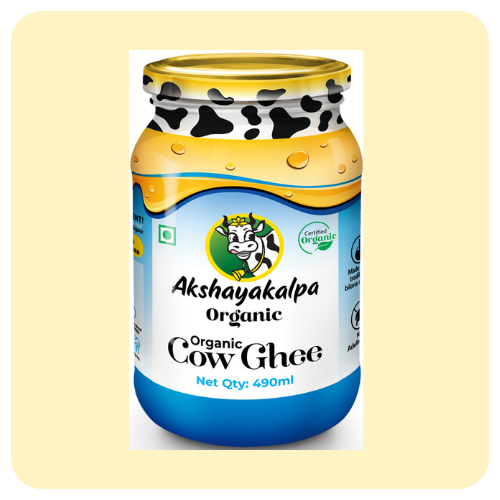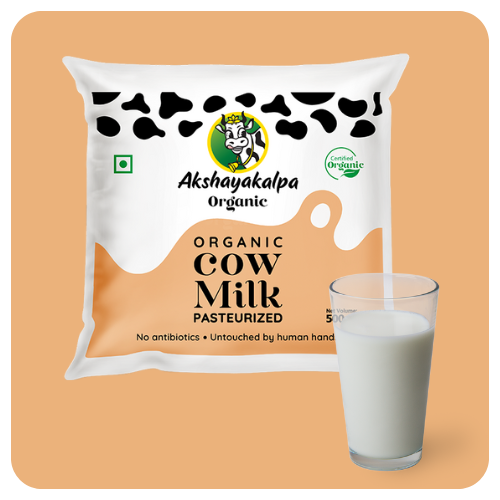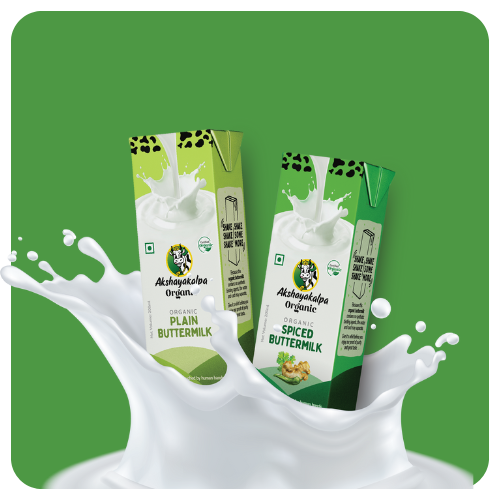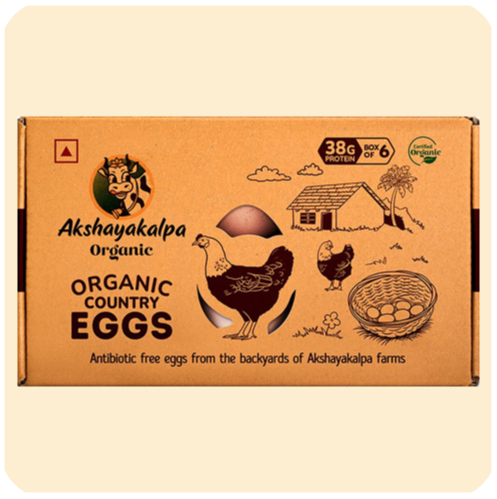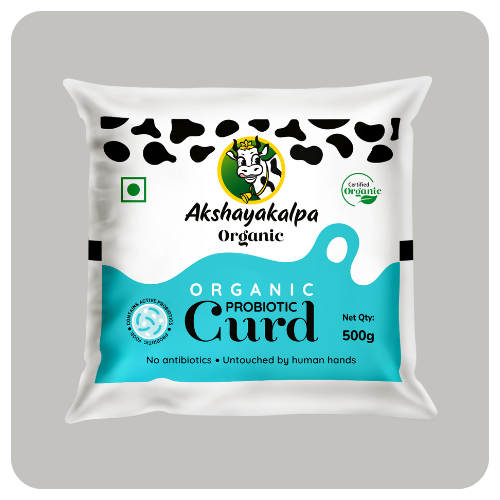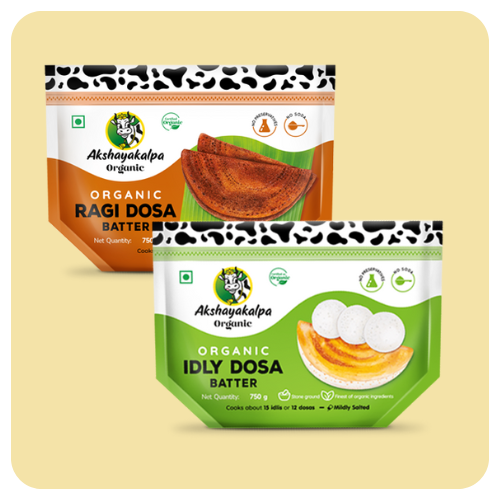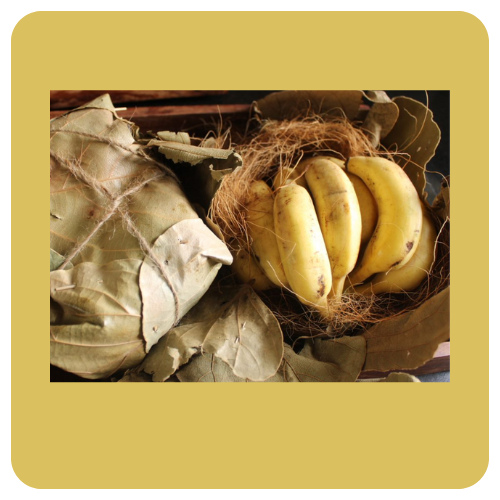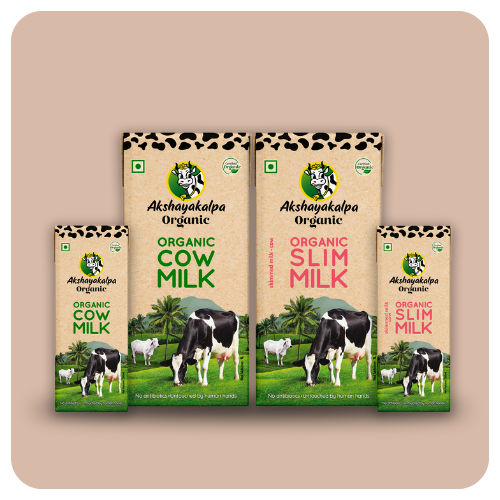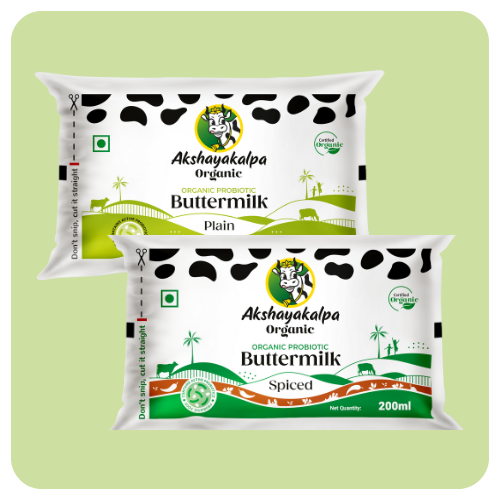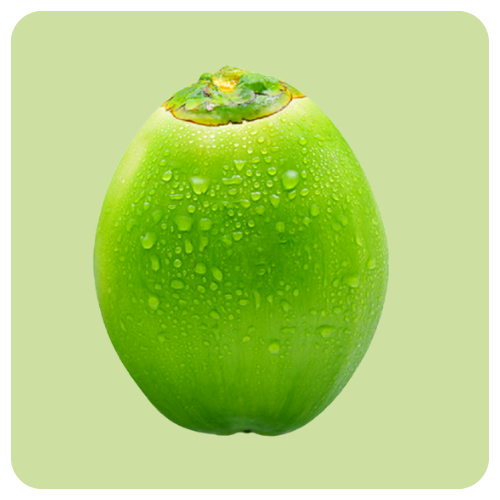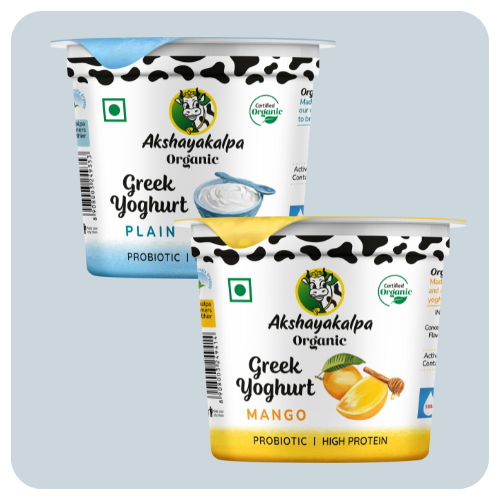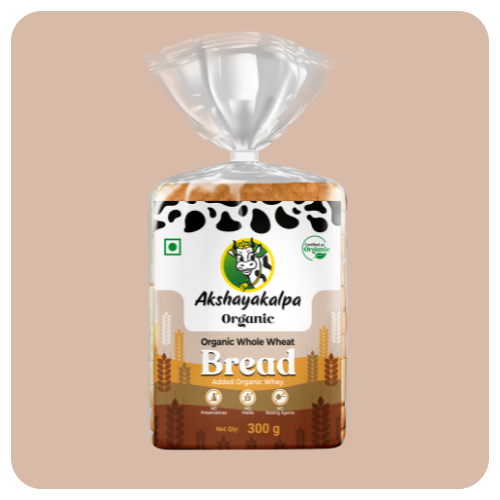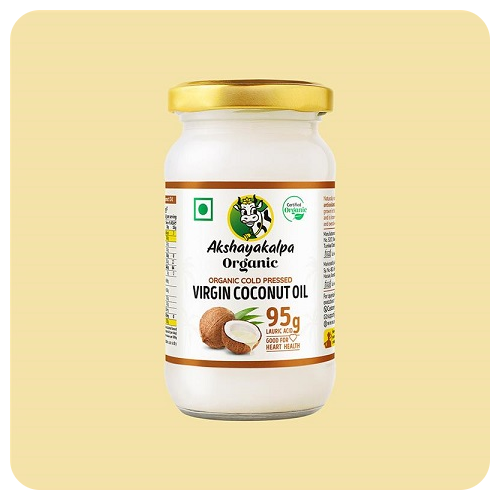Unveiling the Truth: Natural Cheese vs Processed Cheese

Cheese, a timeless culinary delight, has been enjoyed by people across the globe for centuries. Whether it’s used in scrumptious sandwiches, delectable pasta dishes, or simply savoured on its own, cheese adds a burst of flavour and richness to any meal. But when it comes to choosing the right cheese for your culinary endeavours, the age-old debate between natural cheese and processed cheese often arises.
Cheese, particularly natural cheese, has earned a bad reputation over the past few years due to some misconceptions about health that have become deeply ingrained in popular culture. While it’s essential to be mindful of our dietary choices, it’s equally crucial to base our decisions on accurate information and proven knowledge rather than misconceptions.
1) One of the most persistent misconceptions is that natural cheese is unhealthy and contributes to weight gain due to its fat content. While it’s true that natural cheese contains fat, not all fats are created equal. The fats in natural cheese are primarily saturated fats. Some studies suggest that saturated fats from dairy products, such as cheese, may not be as harmful as those from other sources like processed foods, especially when consumed in moderation (1)
Because milk is the primary ingredient used to craft cheese, natural cheese is a rich source of protein, calcium, phosphorus, and other essential nutrients. Protein, in particular, can promote feelings of satiety, keep you full for longer, invariably helping control overall calorie intake and potentially aiding in weight management. Additionally, the calcium in cheese is beneficial for bone health, making it a valuable addition to a balanced diet.
2) The association between cheese consumption and heart disease is another misconception that needs to be addressed. While excessive consumption of certain types of cheese, especially those high in sodium and unhealthy fats, could potentially contribute to heart disease, that is true for any salty, processed foods that can pose a risk for any cardiac ailments. Moderate consumption of natural cheese does not appear to be a significant risk factor.
In fact, moderate cheese consumption may be associated with a reduced risk of heart disease, type 2 diabetes, heart failure, hypertension and stroke.(2) The calcium and other nutrients in cheese could have a protective effect on cardiovascular health when part of a balanced diet that includes other heart-healthy foods.
The difference between natural and processed cheese lies at its very core!
· Natural cheese, as the name suggests, is made from simple and natural ingredients, primarily milk, cultures, enzymes, and salt. It has been crafted for centuries using traditional methods, reflecting the artistry and expertise of cheesemakers worldwide. Natural cheese undergoes a careful aging process, which allows it to develop complex flavours, aromas, and textures. The cheese’s taste profile varies widely depending on factors like the type of milk used (cow, goat, sheep), the region of production, and the aging conditions.
Processed cheese, on the other hand, is a more recent development in the world of cheese production. It is made by blending natural cheese with emulsifiers, stabilizers, flavourings, and sometimes additional ingredients like milk solids and vegetable oils. The mixture is then heated, creating a smooth and consistent texture.
· Natural cheese is a powerhouse of nutrients. It is an excellent source of high-quality protein, calcium, phosphorus, and vitamin B12. Additionally, it contains other essential nutrients like vitamin A, zinc, and magnesium.
In processed cheese, due to the inclusion of various synthetic substances and due to the heating processes, many of the nutrients may be compromised or destroyed, reducing the health benefits of cheese.
· Natural cheese boasts a diverse range of flavours, from mild and buttery to sharp and pungent. This variety allows cheese enthusiasts to explore and savour a wide array of taste experiences. Aging natural cheese allows for the development of unique and complex flavour profiles. Cheeses like cheddar, gouda, and parmesan gain depth and richness as they mature over time.
Processed cheese is nefariously famous for being high in salt. While this is primarily done to make the cheese more palatable – especially to young ones – the high sodium content has many negative effects on health and well-being.
· Natural cheese come in various textures, including soft, semi-soft, semi-hard, and hard. This allows for a delightful sensory experience, with different cheeses appealing to different palates.
The texture of processed cheese depends on many factors like the texture of the natural cheese used, emulsifiers, water, temperature and duration of processing. As a result, the true texture of cheese is lost.
· Natural cheese is generally easier to digest than processed cheese due to its simple, natural composition.
Many kinds of processed cheese are hard to digest because of its high sodium content and the dehydrating properties of the mineral.
· The production of natural cheese involves time-honoured traditions and artisanal craftsmanship, resulting in a product that exemplifies dedication and skill.
Processed cheese are a quick-fix mass-market solution to the rising demand for cheese. It is made with yield as the focus, where traditional recipes, methods of preparation and even nutrition and taste often take a back seat.
Akshayakalpa Organic Artisanal cheese is made from organic milk from happy, healthy cows living on organic farms. The milk is free from chemicals, synthetic hormones or dangerous antibiotics – ensuring the cheese is safe and free from these harmful substances too. Unlike processed cheese (which sometimes, contains just 50% cheese), Akshayakalpa Organic Cheese is free from any chemicals, artificial preservatives or stabilisers. It is meticulously crafted using traditional recipes by expert cheese makers to bring you the true taste and texture of real cheddar in every bite.
References:
